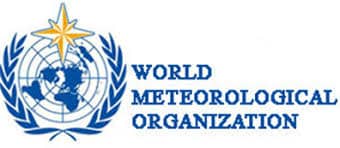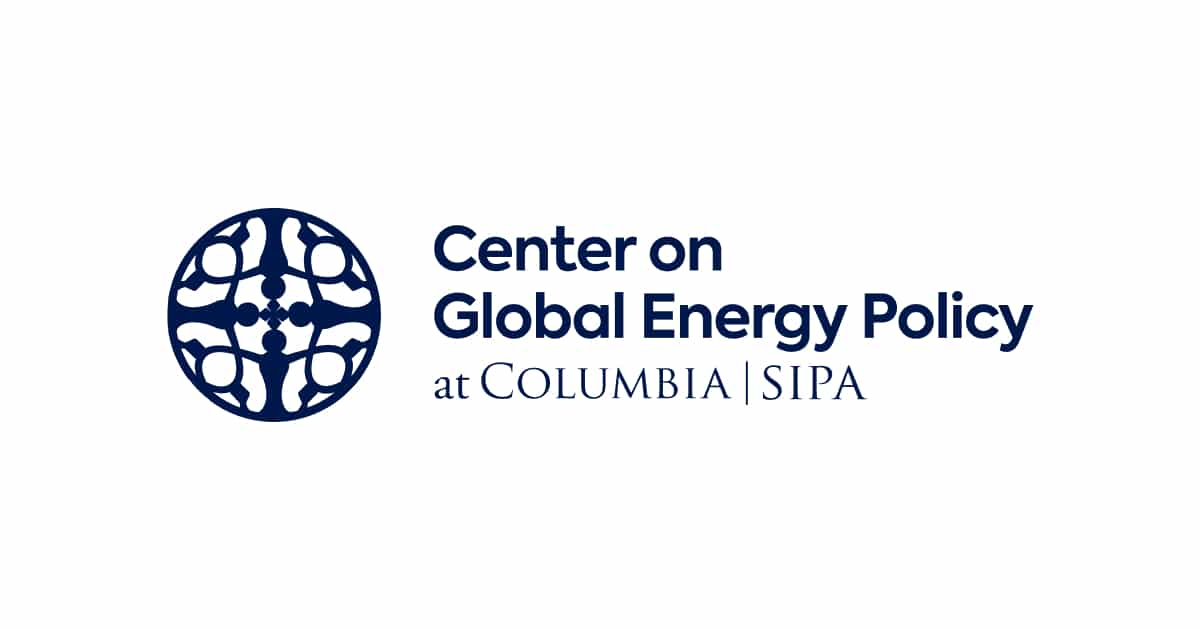This report is an annual responsibility of the WMO under the Paris Agreement of the United Nations Framework Convention on Climate Change (UNFCCC). Early warning systems (EWS) are a top adaptation priority in 88% of the Nationally Determined Contributions (NDCs) to the Paris Agreement submitted by Least Developed Countries (LDC) and Small Island Developing States (SIDS). The vast majority of disasters are triggered by hydro-meteorological hazards. Weather, climate and hydrological services provided by National Meteorological and Hydrological Services (NMHSs) are critical for achieving the goals and targets of these frameworks and for effective adaptation through the implementation of NDCs and National Adaptation Plans (NAP).
Between 1970 and 2019, 11,072 disasters have been attributed to disasters involving weather, water and climate hazards, involving 2.06 million deaths and US$ 3,640 billion in economic losses. Only 40% of 113 WMO member states have multi-hazard early warning systems (MHEWS) in place to enable people, communities and nature to respond to weather, climate and water related events. The status of preparedness across the globe is reported upon. Case studies describe preparedness activities in Bengladesh, Fiji, Cambodia, Mongolia, Lake Victoria Basin in E. Africa, Horn of Africa, Burkina Faso, Locust Swarms, Melting Glaciers in Nepal, Northern Pakistan, European Wildfires, and heat waves in Australia. Of the Least Developed Countries, Africa is the most unprepared. (A graphic points out the locales of some of the worst disasters.)
Six strategic recommendations:
- Invest to fill the Early Warning Systems (EWS) capacity gaps, particularly in LDCs, in Africa and in Small Island Developing States.
- Focus investment on turning early warning information into early action, through improved communication and preparedness planning.
- Ensure sustainable financing of the global observing system that underpins early warnings, and ensure that financing covers all segments of the EWS value chain.
- Track finance flows to improve understanding of where resources are being allocated in relation to EWS implementation needs .
- Develop more consistency in monitoring and evaluation to better determine EWS effectiveness.
- Fill the data gaps particularly from SIDS, by improving countries’ reporting on climate information and EWS capacity.




